
Last Updated At: 08-Feb-2024
Culture Of United Arab Emirates | Traditions ,Religious And More
The Culture of the United Arab Emirates is a captivating tapestry woven from a harmonious blend of tradition and innovation. Enveloped by mesmerising desert landscapes, this modern nation is a testament to the seamless integration of its rich historical heritage and contemporary influences. A true embodiment of this fusion can be witnessed in the captivating melodies of
UAE traditional music and the exquisite flavours that define Emirati cuisine. These two elements, among many others, encapsulate the unique cultural identity of the UAE, a land where time-honoured practices and cutting-edge advancements coexist in harmonious synergy.
Emirati cuisine is a journey of taste that encapsulates the essence of the UAE's diverse history and its people's close relationship with the land and sea. Every element of Emirati cuisine tells a story of resourcefulness and innovation, from sumptuous rice dishes to aromatic spices. The cuisine reflects the UAE's strategic location as a crossroads of trade, bringing various influences and ingredients to its shores.
Culture of United Arab Emirates | Emirati Contributions to Modern Culture
In this multifaceted landscape, the Culture of the United Arab Emirates thrives as a harmonious blend of ancient customs and contemporary advancements. As we delve deeper into UAE traditional music's intricacies and Emirati cuisine's delectable nuances, we unlock the gateway to a world that embodies heritage and progress. This dynamic fusion defines this vibrant nation.
- Threads of Tradition | Traditional Clothing in the UAE
- Spiritual Journeys | Religious Practices in the UAE
- Cinematic and Literary UAE | Films and Literature
- Architectural Marvels | The Architecture of UAE
- Harmonious Echoes | UAE Traditional Music
- Flavours of Emirati Delight | Exploring UAE Cuisine
- Festive Allure | Cultural Festivals in the UAE
- Crafted Treasures | UAE Traditional Crafts
- Graceful Movements | Emirati Dance Forms
- Resonating Legacy | Cultural Heritage of the UAE
1.Threads of Tradition | Traditional Clothing in the UAE
The United Arab Emirates' cultural fabric is interwoven with the threads of traditional clothing that reflect not only fashion but also heritage, identity, and values. The Emirati formal attire is a cultural expression masterpiece, signifying elegance and modesty. Men's clothing features the kandura or dishdasha, a flowing ankle-length robe, often in white, reflecting the region's arid climate. It symbolises purity and simplicity while offering comfort in the desert heat. Women wear the abaya, a long black cloak, accompanied by the Shayla, a headscarf that drapes gracefully. Beneath these garments, women often wear dresses adorned with intricate embroidery, a testament to the region's craftsmanship. This attire preserves the cultural essence and represents Emirati pride, encapsulating the harmonious blend of tradition and contemporary values.
2. Spiritual Journeys | Religious Practices in the UAE
Religion forms the bedrock of the United Arab Emirates' cultural landscape. The spiritual journey in the UAE is embodied through the practice of Islam, which plays a pivotal role in daily life. The nation's mosques, architectural marvels adorned with intricate designs, are sanctuaries for spiritual reflection and communal prayers. The resonating call to prayer, known as Adhan, carries through the air, binding the nation's diverse population in devotion. The UAE is a melting pot of faiths, embracing various religious practices that mirror its cosmopolitan ethos. Hindu temples, Christian churches, and Sikh gurdwaras symbolise the nation's commitment to tolerance, unity, and the coexistence of different beliefs. Religion is a personal journey and a cultural phenomenon that emphasises respect, shared values, and communal harmony.
3. Cinematic and Literary UAE | Films and Literature
The United Arab Emirates' vibrant culture finds expression in its historical traditions and dynamic cinematic and literary endeavours. The Emirati film industry is burgeoning, producing works that explore the nation's past, present, and aspirations for the future. These films are a window into Emirati narratives, celebrating the nation's history, diversity, and cultural richness. The literary scene has witnessed a renaissance, with Emirati authors crafting stories that bridge the traditional with the contemporary. The UAE's creative expressions in cinema and literature uphold a distinct Emirati voice while engaging in global conversations. This cultural crossroads allows the nation to share its unique perspective with the world and contribute to the global cultural tapestry.
4. Architectural Marvels | The Architecture of UAE
The architecture of the United Arab Emirates is a fusion of artistic ingenuity, cultural identity, and technological advancement. The nation's skyline is punctuated by architectural marvels that symbolise its transition from a desert landscape to a modern metropolis. The iconic Burj Khalifa, soaring to unprecedented heights, is a testament to the UAE's ambitious spirit. The Sheikh Zayed Grand Mosque, a masterpiece of Islamic architecture, is adorned with intricate designs and opulent details. These architectural wonders blend the traditional with the contemporary, reflecting the UAE's ability to preserve its roots while embracing innovation. The architectural landscape is a living canvas that narrates the story of the nation's growth, capturing its past, present, and aspirations for the future.
5. Harmonious Echoes | UAE Traditional Music
The harmonious echoes of UAE traditional music resonate with the nation's soul, carrying tales of its history, landscapes, and people. Rooted in Arabian traditions, the music combines classical instruments and contemporary elements. The oud, a stringed instrument, and the qanun, a plucked zither, produce melodies that evoke the UAE's serene desert vistas and maritime heritage. Music and poetry intertwine, often addressing love, unity, and the desert environment. The traditional Al Ayala dance, performed with rhythmic clapping and poetic recitations, unites people in celebration, embodying the UAE's communal spirit and dedication to preserving its artistic legacy. Music, in its melodic forms, is a testimony to the UAE's cultural resilience and its role as a guardian of tradition and storytelling.
6. Flavours of Emirati Delight | Exploring UAE Cuisine
Emirati cuisine is a feast of flavours that embodies the United Arab Emirates' history, geography, and diverse cultural influences. With its roots in Bedouin traditions and trade connections, Emirati cuisine is a testament to the nation's resourcefulness and culinary artistry. Signature dishes like Al Harees, a slow-cooked wheat and meat dish, and Al Majboos, a fragrant rice dish, echo the UAE's desert heritage. The traditional emphasis on hospitality is evident in the communal sharing of meals, which fosters connections and symbolises unity. Emirati cuisine celebrates local ingredients, aromatic spices, and techniques passed down through generations. It's more than sustenance; it's a sensory journey that encapsulates the UAE's cultural legacy, regional diversity, and the art of nourishing body and soul.
7. Festive Allure | Cultural Festivals in the UAE
The UAE's cultural festivals are a dynamic celebration that showcases its creativity, traditions, and vibrant spirit. The festivals blend local and global elements, embodying the nation's commitment to cultural diversity and innovation. The Dubai Shopping Festival and Abu Dhabi Festival are vibrant showcases of art, entertainment, and culinary delights, offering an immersive experience for residents and visitors alike. The Dubai International Film Festival serves as a platform for cinematic excellence, bringing together filmmakers, storytellers, and cinephiles from around the world. These festivals are a source of entertainment and promote intercultural dialogue, understanding, and appreciation for the rich mosaic that defines the UAE's cultural landscape.
8. Crafted Treasures | UAE Traditional Crafts
UAE traditional crafts are an intricate tapestry of heritage, craftsmanship, and artistic expression. From camel leatherwork to palm weaving, these crafts are a testament to the Emirati's ingenuity and deep connection to the land. Passed down through generations, traditional crafts showcase the resourcefulness of using natural materials to create functional and aesthetically pleasing items. These crafts are more than artefacts; they're living links to the past, fostering a sense of identity, pride, and continuity. The artistry encapsulated in these crafts serves as a reminder of the UAE's deep-rooted traditions, encouraging appreciation for cultural heritage and promoting the preservation of artisanal skills.
9. Graceful Movements | Emirati Dance Forms
Emirati dance forms embody the United Arab Emirates' history, values, and celebratory spirit. The Al Ayala dance, characterised by synchronised movements and rhythmic clapping, is often performed during weddings and festive occasions. It embodies unity, joy, and the UAE's communal identity. The Al Razfa dance, accompanied by poetry and drumming, transports audiences to the desert, reflecting the region's heritage and traditions. Emirati dance forms are more than performances; they're artistic expressions that capture the essence of the nation's culture, history and the emotions that connect people to their roots.
10. Resonating Legacy | Cultural Heritage of the UAE
The cultural heritage of the United Arab Emirates is a resonating legacy that echoes through time, connecting past and present in a seamless continuum. Sites like the Al Ain Oasis, with its ancient falaj irrigation system, offer a glimpse into the resourcefulness of the past. The Al Jahili Fort and Al Bidya Mosque testify to the region's architectural marvels and historical significance. The UAE's cultural heritage reflects the wisdom of its forebears, the connection to the land, and the values that have shaped its identity. The preservation and celebration of this heritage provide:
- A bridge between generations.
- Fostering a sense of pride and belonging.
- A shared commitment to passing on the legacy to future Emiratis.
As one explores the intricate architecture that adorns the skyline and the flavorful delights of Emirati cuisine, it becomes clear that the UAE's culture is a harmonious blend of old-world charm and modern aspirations. Festivals that draw global attention to the nation's creative spirit, and traditional crafts that preserve the wisdom of generations, all contribute to the vibrant cultural mosaic. The cultural landscape is a testimony to the UAE's commitment to embracing its roots while forging ahead into the future. The Culture of the United Arab Emirates resonates with a profound respect for heritage, community, and progress. It is a dynamic force that shapes the nation's identity, connecting the past, present, and future. Embracing diverse influences and nurturing artistic endeavours, the UAE's culture stands as a beacon of inspiration for a world that seeks to bridge tradition and innovation. Emirati culture is a true embodiment of the nation's pride, values, and aspirations in this land of cosmopolitan cities and boundless deserts. So, folks, get ready to plan your journey to the UAE with Adotrip and enjoy a hassle-free trip.
With us, nothing is far!
Book United Arab Emirates Tour Packages
Frequently Asked Questions about the Culture of the United Arab Emirates
Q1. What is the cultural influence of Islam in the UAE?
A1. The cultural influence of Islam in the UAE:
- Shapes daily life and social values
- Impacts on architecture and urban planning
- Guides religious practices and traditions
Q2. How important is the Arabic language?
A2. The importance of the Arabic language in the UAE:
- National language and cultural identity
- Used in education, media, and official communication
- Preserves heritage and fosters unity
Q3. How have oil wealth and development shaped culture?
A3. Oil wealth and development have shaped UAE culture:
- Enabled modern infrastructure and urbanisation
- Facilitated investment in arts, education, and innovation
- Influenced lifestyle changes and global interactions
Q4. How multicultural is the UAE with expat communities?
A4. The UAE is multicultural with expat communities:
- Expats make up a significant portion of the population
- Diverse nationalities, cultures, and languages
- Enriches cultural exchange and global perspectives
Q5. How popular are sports like falconry and camel racing?
A5. Sports like falconry and camel racing are popular in the UAE:
- Traditional activities rooted in desert heritage
- Showcased in competitions and events
- Reflect cultural pride and appreciation for nature
Q6. What role does date cultivation play culturally?
A6. Date cultivation plays a cultural role in the UAE:
- Symbolises sustenance in harsh desert environments
- Used in traditional cuisine and hospitality
- Reflects resilience and resourcefulness
Q7. How influential is Bedouin culture?
A7. Bedouin culture is influential in the UAE:
- The foundation of traditional Emirati customs
- Impacts aspects like clothing, hospitality, and values
- Preserved and celebrated in modern society
Q8. What traditional Emirati architecture remains?
A8. Traditional Emirati architecture that remains:
- Wind towers (Barjeel) for natural cooling
- Courtyards (Sikkas) for communal living
- Historical structures like Al Fahidi Fort and Al Bastakiya
Q9. How tied to identity is Emirati cuisine?
A9. Emirati cuisine is tied to identity:
- Reflects heritage, history, and local ingredients
- Symbolises hospitality and cultural pride
- Preserves traditions and fosters a sense of belonging
Q10.How well preserved is the UAE's coastal heritage, like pearling?
A10. The UAE's coastal heritage, like pearling:
- Showcased in museums and heritage sites
- Honours maritime history and economic legacy
- Demonstrates efforts to preserve cultural roots
--- Published By Adotrip
Latest Blogs

Long Weekends In India 2025 - List of Holidays

Kazakhstan Travel Guide 2025: Affordable Luxury, Visa Free E...
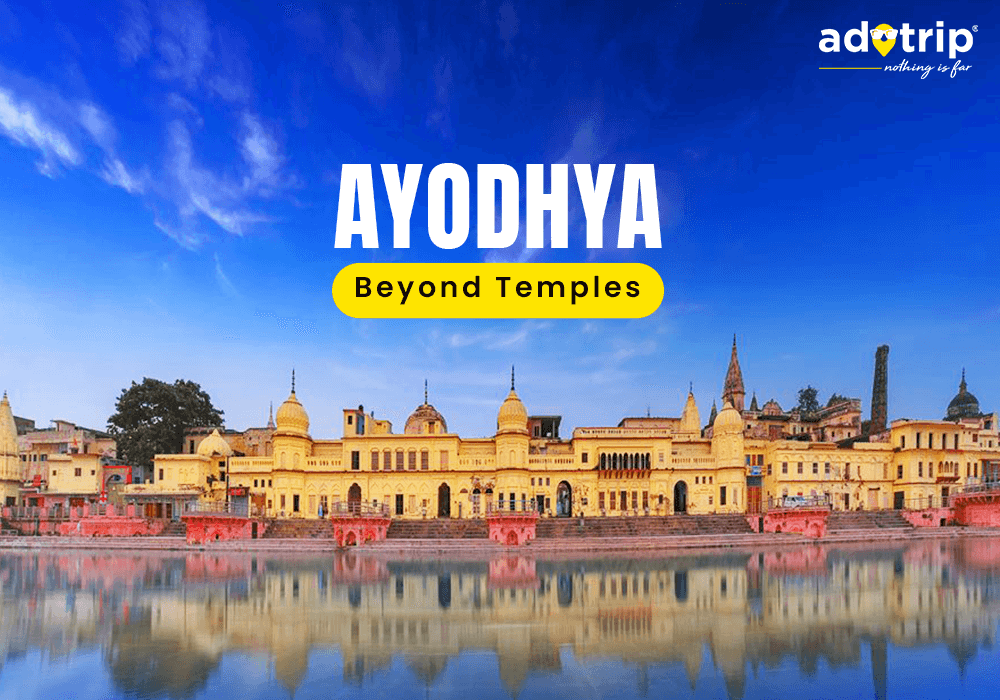
Think Ayodhya is Just Temples? Discover Its Hidden Artistic...
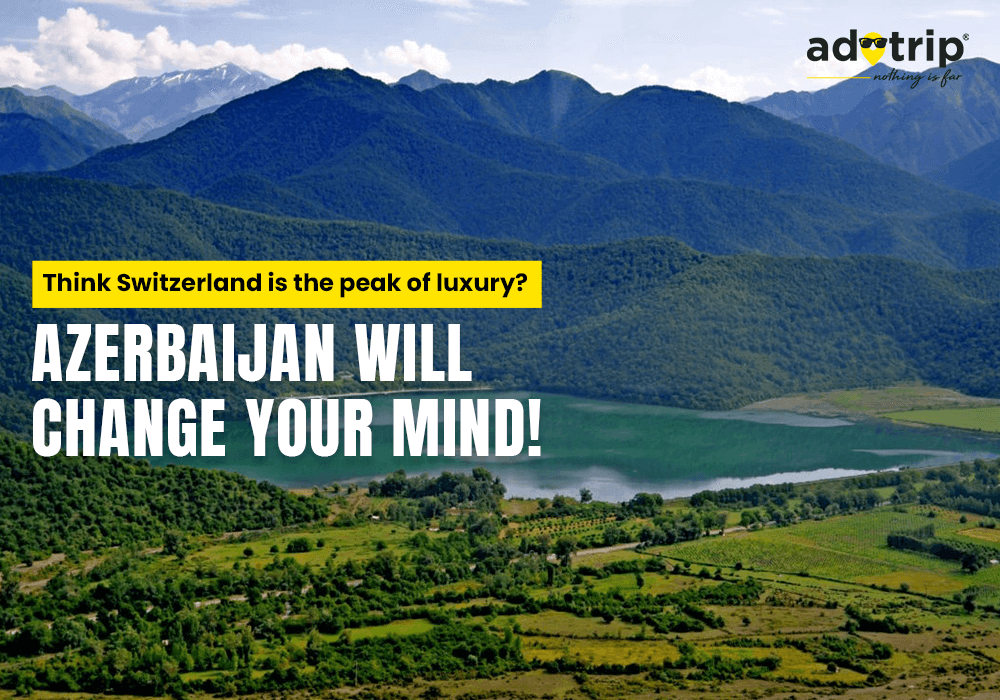
Why Azerbaijan is the Best Budget Friendly Alternative to Sw...



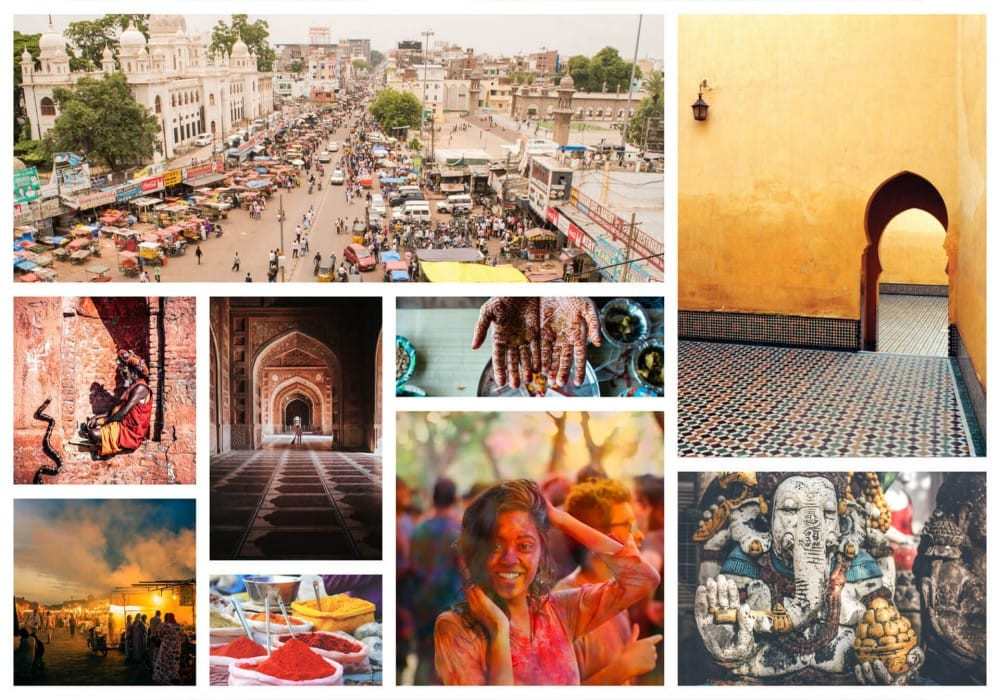
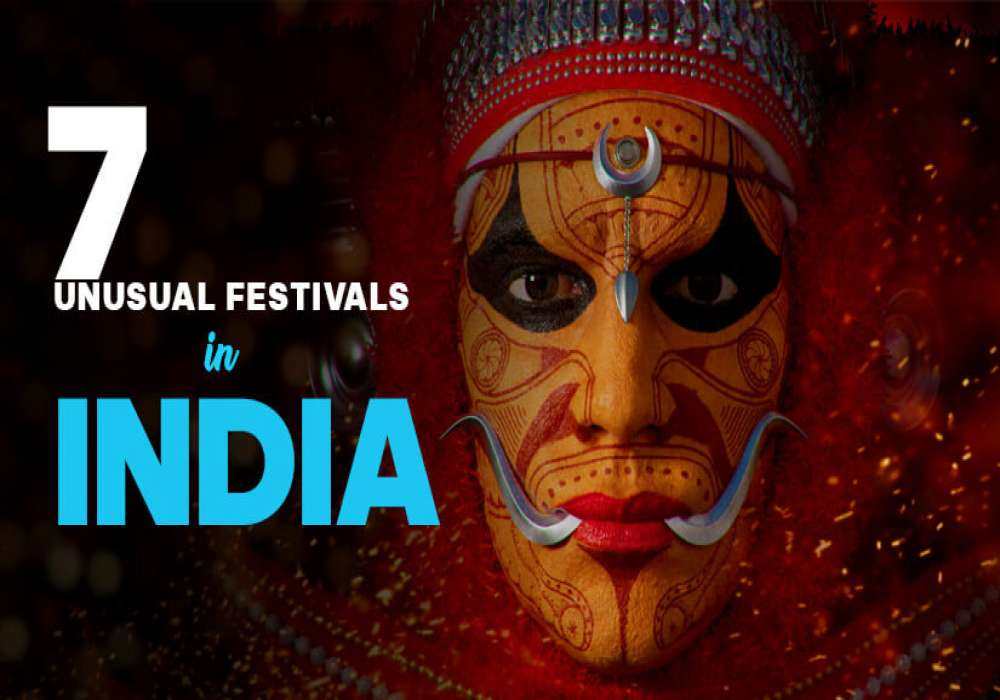


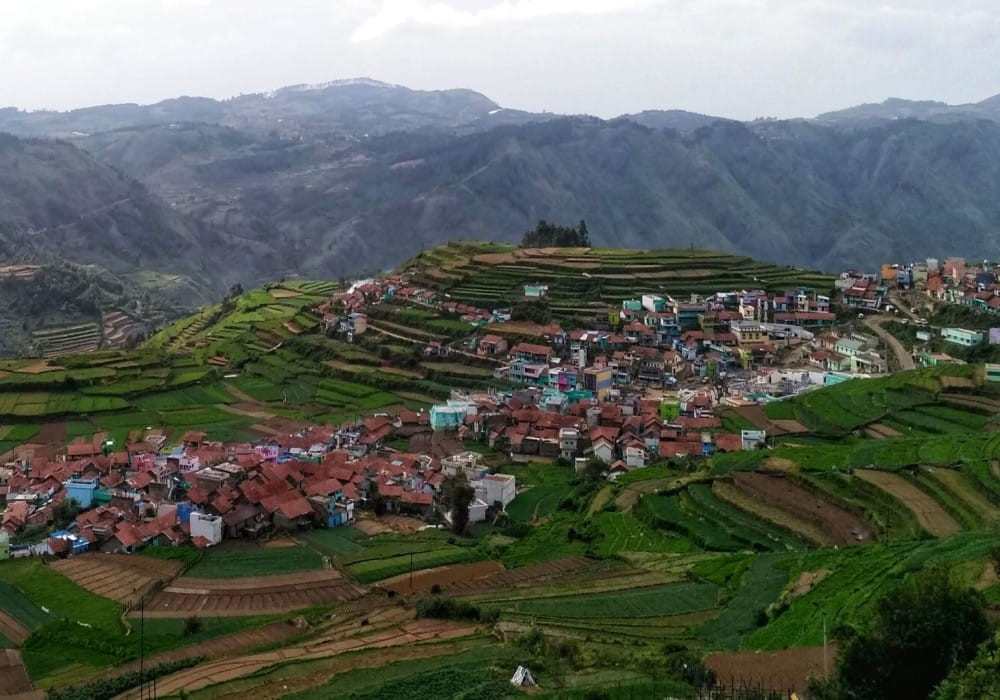
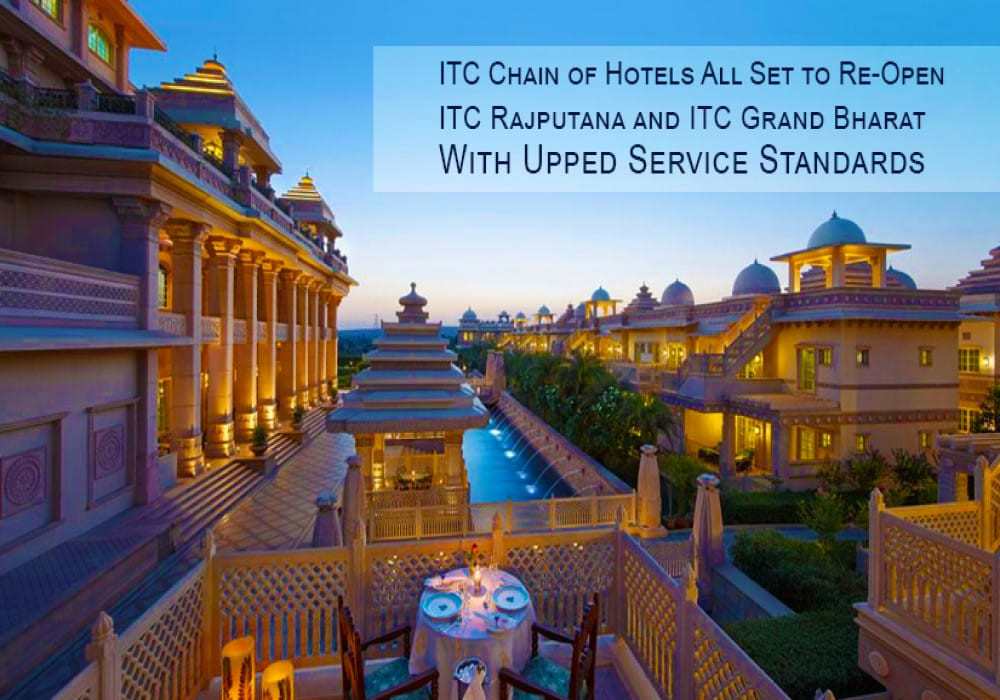
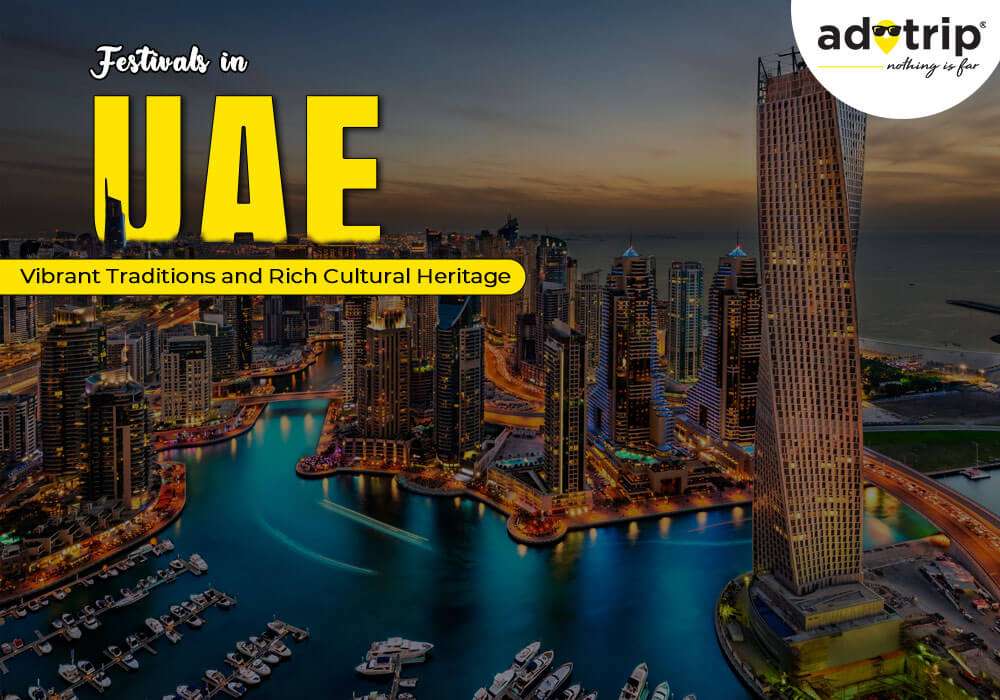
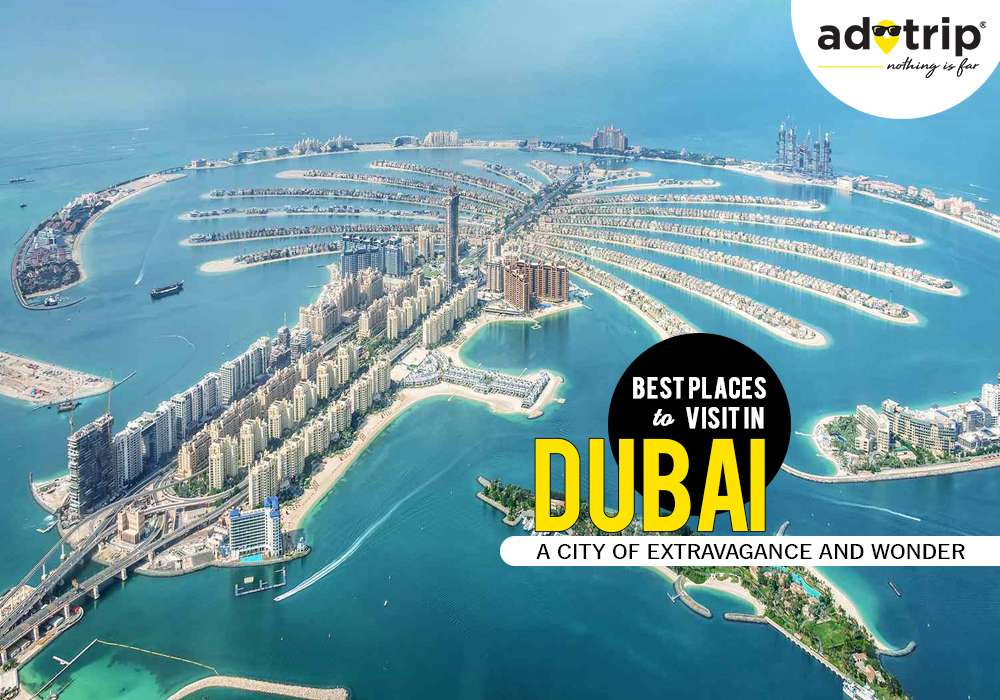
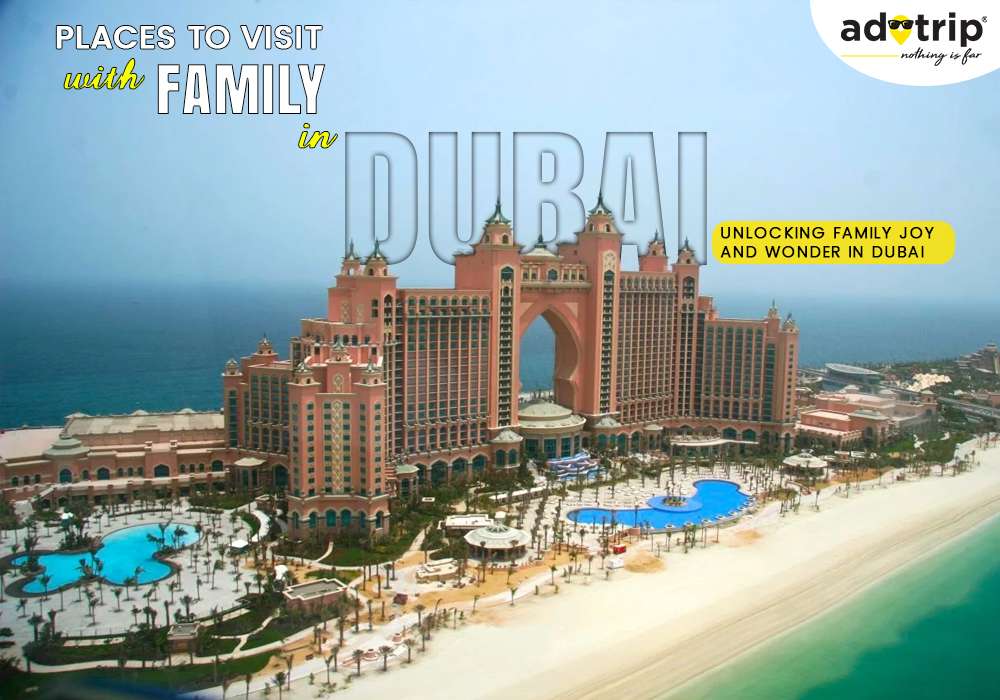
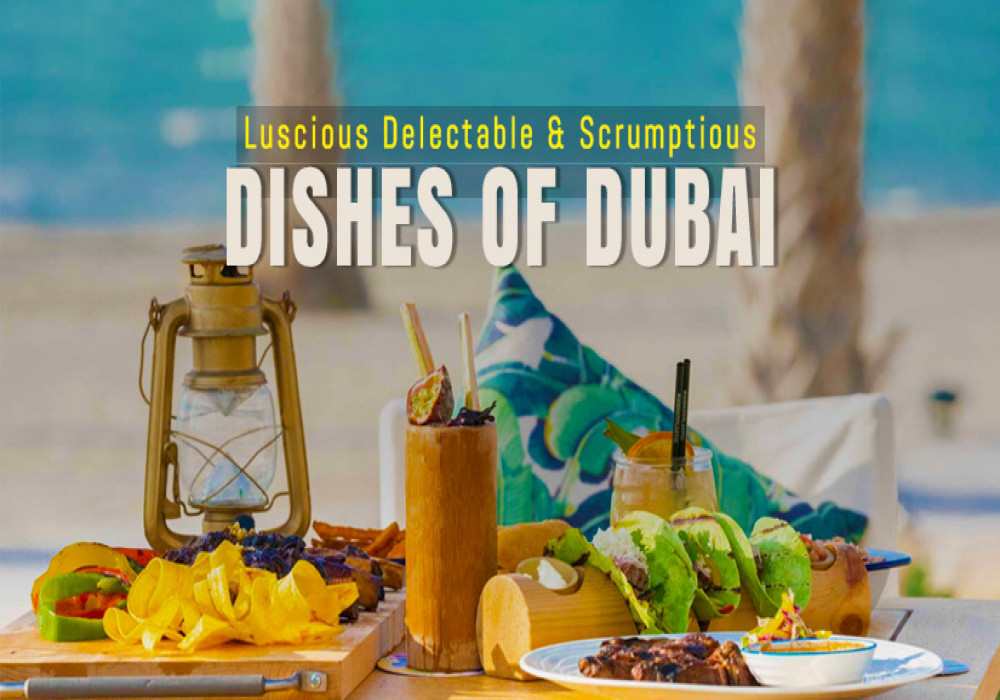
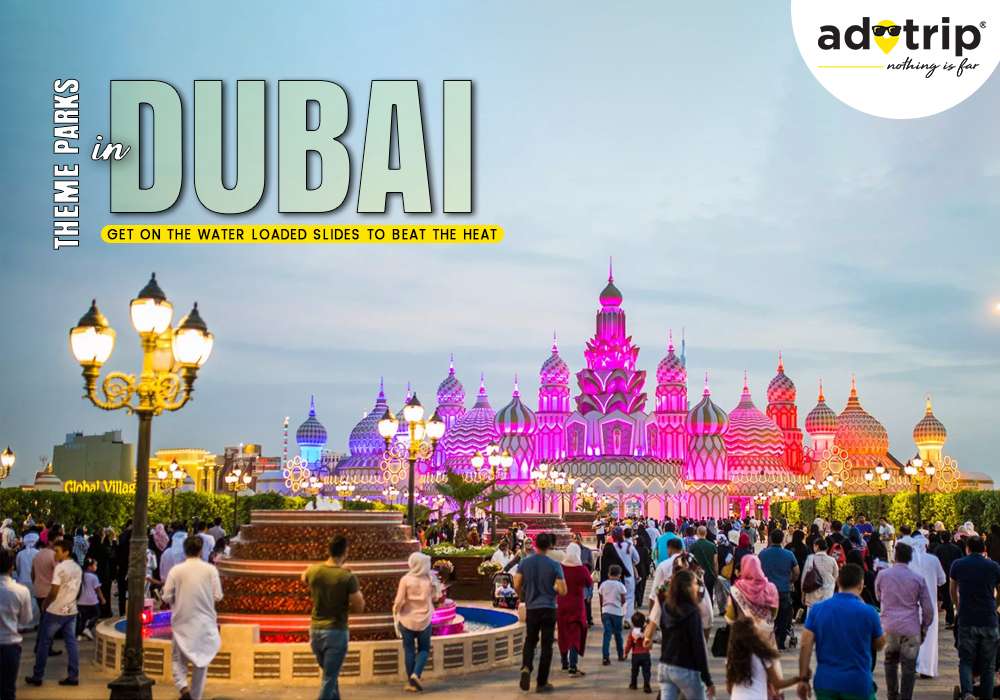
 Dubai
Dubai Malaysia
Malaysia USA
USA





